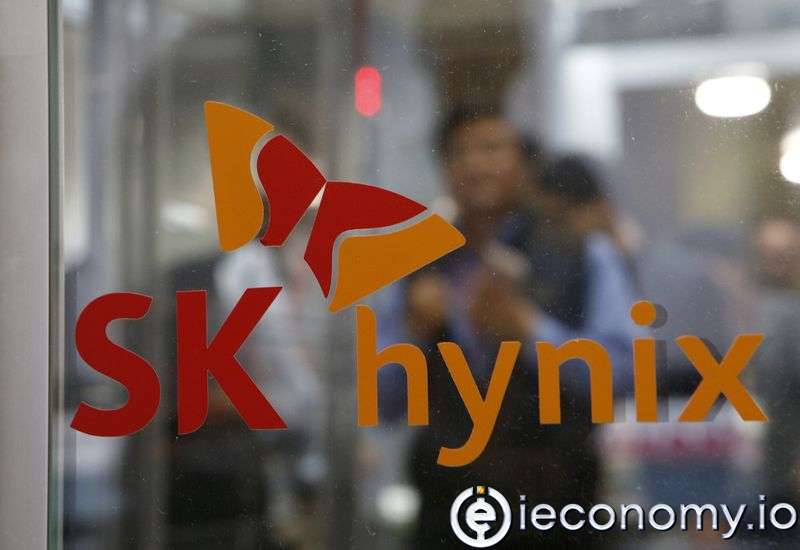7114
0
Chip industry grapples with new US restrictions on Chinese sales
On Friday, companies around the world began to grapple with the impact of far-reaching US restrictions on the sale of chip

Yazar: Charles Porter
Yayınlanma: 8 Ekim 2022 07:44
Güncellenme: 1 Şubat 2026 03:43
Chip industry grapples with new US restrictions on Chinese sales
On Friday, companies around the world began to grapple with the impact of far-reaching US restrictions on the sale of chips and chip manufacturing equipment to China.
The sweeping rules hit chip stocks, with the Philadelphia Semiconductor Index (.SOX) down nearly 6% by the end of the day. American semiconductor equipment makers Lam Research Corp (NASDAQ:LRCX), Applied Materials Inc (NASDAQ:AMAT) and KLA Corp lost more than 4%. Applied Materials said it was evaluating the new rules, while Lam and KLA did not immediately respond to requests for comment. South Korean memory chip maker SK Hynix Inc said on Friday it will seek a license under new US export control rules for equipment to continue operating its factories in China. American authorities on Friday issued a sweeping set of rules restricting the export of some US-made semiconductor manufacturing equipment to China, but providing exemptions for companies from the US and its allies to obtain licenses. "SK Hynix is prepared to make its best efforts to obtain the US government's license and will work closely with the Korean government to do so," the company said in a statement. "We are also ready to operate our production facilities in China smoothly in compliance with the international order." Authorities on Friday also imposed rules against the sale of a wide range of chips for use in "supercomputer" systems in China. Supercomputers can be used to develop nuclear weapons and other military technology. US companies Nvidia (NASDAQ:NVDA) Corp and Advanced Micro Devices (NASDAQ:AMD) Inc announced last month that they would stop exporting their high-end chips to China. The rules define a supercomputer as any system with 100 or more petaflops of double precision computing power or more than 200 petaflops of single precision computing power within 41,600 cubic feet. A petaflop is a measure of a computer's processing speed. Nvidia, which said last month that the rules could affect $400 million of its current-quarter sales in China, said on Friday it did not expect any further impact on its business. "These regulations impose broader industry controls on processors that meet certain thresholds to which we are already subject. We do not expect the new controls, including sales restrictions for high-density systems, to have a material impact on our business," Nvidia said in a statement. Follow Global Economic Developments on Social Media! Click here to follow Ieconomy official Facebook account! Click here to follow Ieconomy official Instagram account! Click here to follow Ieconomy official Twitter account!İLGİLİ HABERLER





European stocks soared and focus shifted to German retail sales after Powell's speech!

Forex Signal For TRY/USD: Inflation Slowdown in November.

Forex Signal For GBP/USD: Bullish Trend Still Not Breaking While Recovery Continues.

Forex Signal For EUR/USD: Starry US Data Points to Higher Fed Increases.

Forex Signal For BTC/USD: Downside Continues as Bitcoin Recovery Moves Less.
En Popüler Haberler
Yorum Yap
Yorumlar
Henüz yorum yapan yok! İlk yorumu siz yapın...